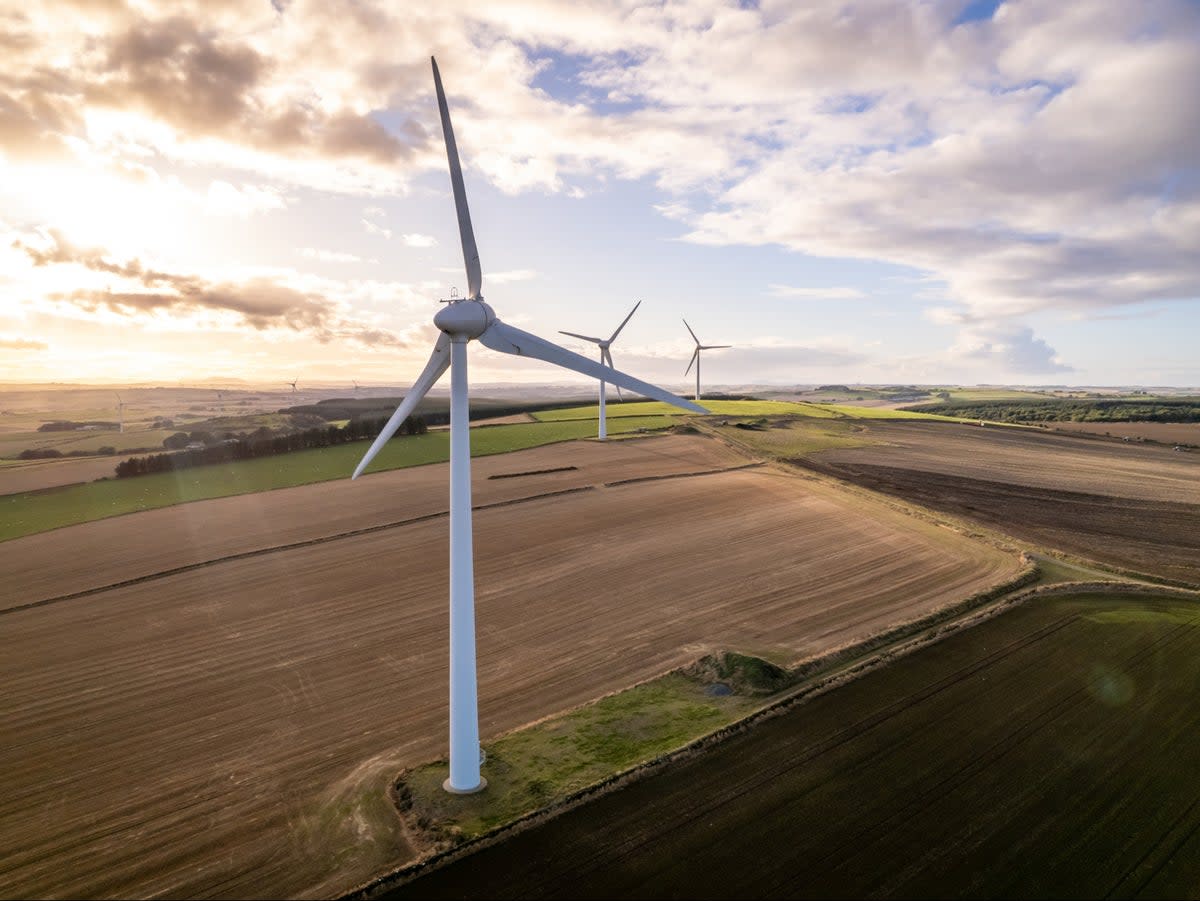Climate policies have no effect on energy prices, researchers claim

Net-zero and climate protection policies have virtually no effect on energy prices, according to a new analysis.
The research, undertaken by the International Energy Agency (IEA), also shows the global energy crisis could be a historic turning point towards renewable energy.
For the first time, global demand for each of the fossil fuels shows a peak or plateau, with Russian exports in particular falling significantly as the world energy order is reshaped, according to scenarios in the IEA’s World Energy Outlook 2022 report.
The global energy crisis triggered by Russia’s invasion of Ukraine is causing profound and long-lasting changes that have the potential to hasten the transition to a more sustainable and secure energy system, according to the research.
“Energy markets and policies have changed as a result of Russia’s invasion of Ukraine, not just for the time being, but for decades to come,” said IEA Executive Director Fatih Birol.
“Even with today’s policy settings, the energy world is shifting dramatically before our eyes. Government responses around the world promise to make this a historic and definitive turning point towards a cleaner, more affordable and more secure energy system.”

Energy markets are extremely vulnerable because of unrelenting geopolitical and economic concerns, and the crisis is a reminder of the fragility and unsustainability of the current global energy system, the WEO warns.
The report states: “The WEO’s analysis finds scant evidence to support claims from some quarters that climate policies and net-zero commitments contributed to the run-up in energy prices.
“In the most affected regions, higher shares of renewables were correlated with lower electricity prices – and more efficient homes and electrified heat have provided an important buffer for some consumers, albeit far from enough.
“The heaviest burden is falling on poorer households where a larger share of income is spent on energy.”
Commenting on the WEO, Sepi Golzari-Munro, energy transition director at the Global Wind Energy Council, said: "The fossil fuel era has concentrated power in the hands of a few nations - we need only look at events of the last year and the present gas crisis to see how this power can be used and abused.
“In contrast, renewables provide the opportunity for nations worldwide to benefit from homegrown, secure and sustainable energy on their own terms.
“News that global demand for fossil fuels shows a peak or plateau across IEA scenarios is sure to be welcomed by all those working for a more prosperous, secure and resilient future."


